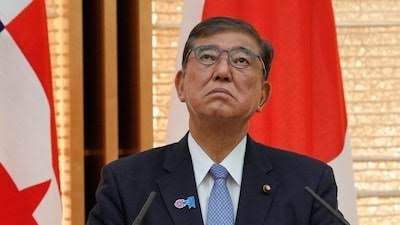Japan’s Prime Minister has stepped down — and the spark behind his sudden resignation is a trade agreement with the United States. The deal, which opened Japanese markets to cheaper American agricultural imports, delivered a heavy blow to local farmers and smaller industries who form a critical vote bank. Losing their support turned into a political disaster that Ishiba could not survive.
But this was not simply about economics. Tokyo faced a difficult choice — secure favourable trade ties with Washington in order to ensure continued US security backing against rising threats from China and North Korea, or protect domestic farmers at home. The government chose security, but paid the political price.
For the United States, this seemed like just another trade agreement. For Japan, however, it became a political earthquake that reshaped the nation’s leadership. Ishiba’s departure is a striking reminder that in global politics, market access can often act as a sharper weapon than missiles or military power.
The lesson is clear: Trade deals may look technical on paper, but their impact goes far beyond balance sheets. They can topple politicians, shake governments, and influence global alliances. Markets are not merely economic spaces—they are instruments of power.

 Business
Business INDIA
INDIA Stocks
Stocks




